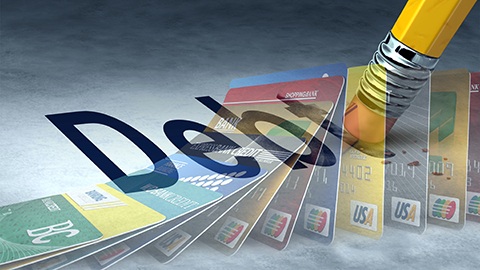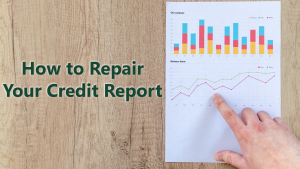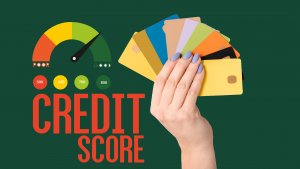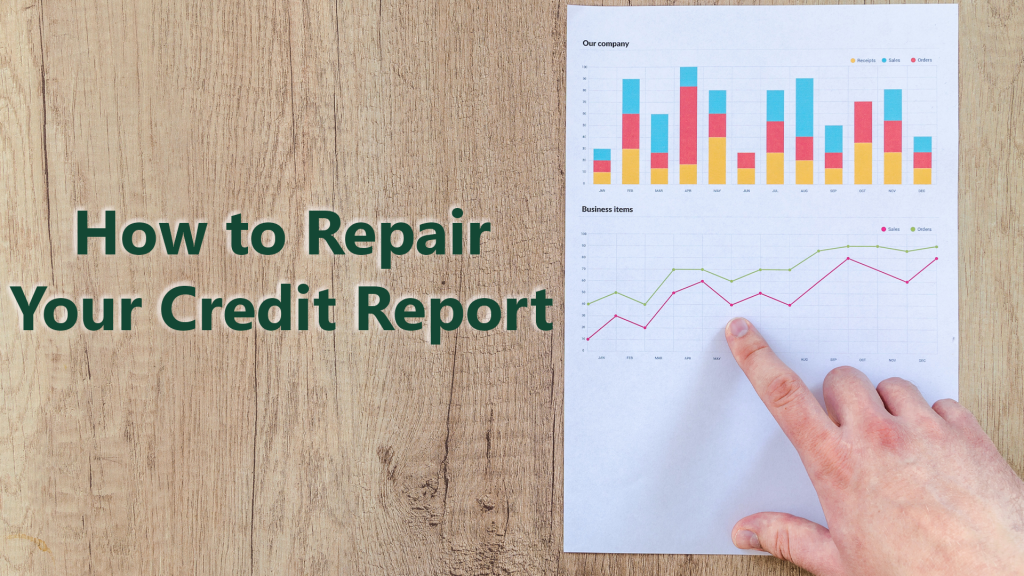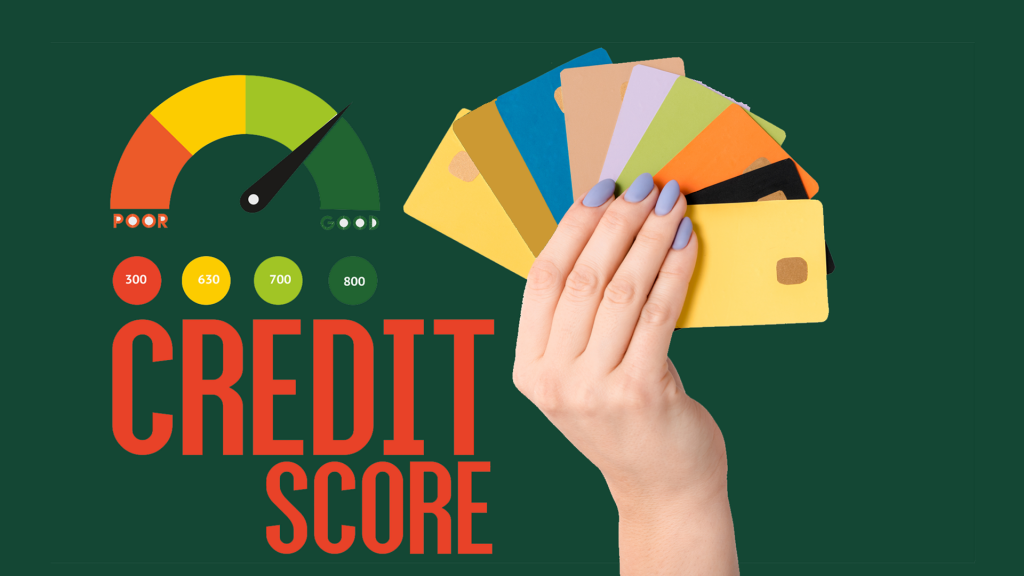
Looking to Build or Improve Your Credit Score? Try These Tips
Your credit score plays a significant part in your financial well-being. Generally, the higher the score, the easier it is to get approved for loans or lines of credit, and you also can benefit from lower interest rates.
But a low score can make it difficult to secure credit, and the interest rates can be much higher. In essence, a credit score allows lenders to gauge how reliable you are at paying your bills. So if you don’t have a credit history, it can be harder for lenders to determine the level of risk.
A person with a higher credit score can save thousands of dollars over the course of their life than someone with a low score.
So what steps can you take if your credit is poor, or if you have no credit history? Read along and find out.
Review Your Credit Report
First things first: you need to figure out what your history shows, so you can find out if anything requires immediate attention. You can pull a copy of your credit report for free once a year through the official AnnualCreditReport.com website. Review your report to make sure everything is correct, and have any inaccurate listings removed. Federal law allows you to initiate a dispute with the credit bureau that’s reporting information you believe to be inaccurate. The credit bureau then has to investigate your claim and if there is an error, correct it or remove it.
Pay Down Your Debts
According to the Fair Issac Corporation (FICO), payment history has the biggest impact on your credit score. So avoid late payments at ALL costs. One way to avoid late payments is to set up automatic payments. Also, the more available credit you have, the higher your credit score will be. This is known as your credit utilization percentage, which refers to the portion of your credit limit that you’re using at any given time. This is the second-highest determining factor in your credit score. A good rule of thumb is to keep it under 30% of your credit limit. Once you get there, work at getting it under 10%, which is considered ideal to maximizing your credit score.
Ask for a Limit Increase
If you have credit cards, ask for a credit limit increase. If granted, this will lower your credit utilization percentage, which, as explained above, should help raise your credit score. But this is only helpful as long as you don’t use that limit increase to purchase more items.
Take Out a Personal Loan
If you’ve been using credit cards for a while and making timely payments, you should have enough credit history to qualify for a personal loan. However, this isn’t a quick fix. Personal loans can take up to a year to raise your credit score. But, it can diversify the types of credit on your credit report, and you can use your loan to prove you can consistently make payments on time.
Limit Hard Inquiries
Hard inquiries can affect your credit score for anywhere from a few months to two years, according to Experian. Hard inquiries include things like applications for a new credit card, an auto loan, a mortgage and other forms of credit. The occasional hard inquiry won’t have much of an effect. But many of them in a short period of time can damage your credit score. So if you are trying to improve your credit score, avoid applying for multiple new lines of credit for awhile.
If You Rent, Make it Count
If you pay rent monthly, there are several services that allow you to get credit for those on-time payments. Search the internet for companies that will report your rent payments to the credit bureaus on your behalf, which in turn could help your credit score. Note that reporting rent payments may only affect your VantageScore credit scores, not your FICO score. Some rent-reporting companies charge a fee for this service, so read the details to know what you’re getting and possibly purchasing.
The bottom line is start now. It can take several weeks, and sometimes several months, to see a noticeable impact on your score when you start taking steps to turn it around. Improving your credit score is a good goal to have, especially if you’re planning to either apply for a loan to make a major purchase, such as a new car or home, so the sooner you start, the better you’ll be able to take advantage of the benefits of a good credit score.
Financially Fit is your home fitness guide for all things financial, provided by RCB Bank. Find money-building tips, insights and inspiration to help you improve your financial well-being at RCBbank.com/GetFit. Opinions expressed above are the personal opinions of the author and meant for generic illustration purposes only. For specific questions regarding your personal lending needs, please call RCB Bank at 855-BANK-RCB. With approved credit. Some restrictions apply. RCB Bank, Member FDIC.
Source:
https://www.ficoscore.com/about/
